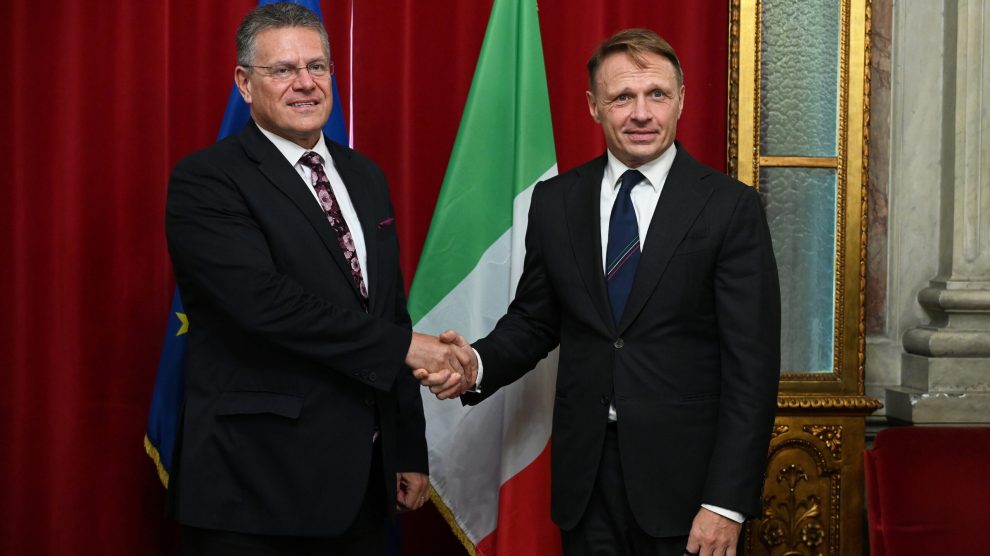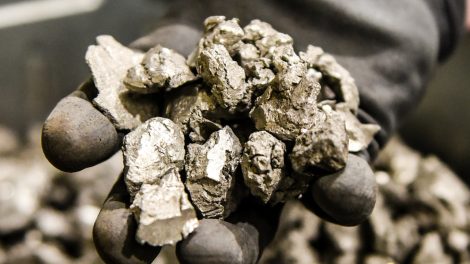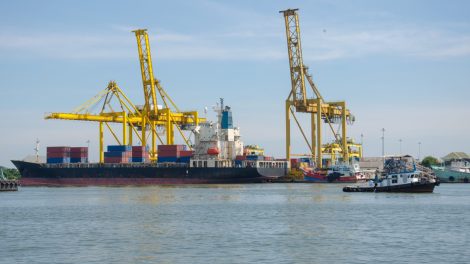Rome is not rejecting the EU-Mercosur trade deal — but it’s asking for stronger safety nets to protect vulnerable sectors.
Decoding the news: The meeting at Italy’s Agriculture Ministry (Masaf) between Minister Francesco Lollobrigida and EU Trade Commissioner Maroš Šefčovič made one thing clear: Italy’s caution has shaped the current talks on compensation and safeguard mechanisms.
The big picture: The EU-Mercosur agreement — linking Europe with Argentina, Brazil, Paraguay, and Uruguay — has been stalled for a long time due to environmental, agricultural, and competitiveness concerns. Italy’s stance has slowed approval but also pushed Brussels to discuss new tools to protect farmers.
- A proposed €6.3 billion fund would compensate farmers in free-trade zones hit by import shocks.
- Safeguard clauses could trigger import freezes if prices of specific products fall more than 10% in national markets.
What Lollobrigida said: “We’ve never taken a prejudicial stance against the deal,” Lollobrigida said, “but no one should be left behind.”
- He acknowledged the benefits of new markets but warned that “some sectors could be penalised.” Italy, he added, is working on domestic protection tools to stabilise prices and support producers in the event of shocks.
What’s driving Italy’s position:
- Reciprocity: Rome seeks the same environmental and animal welfare standards to be applied to non-EU exporters.
- Cultural and economic identity: The government frames agriculture not just as trade, but as heritage — protecting small farmers and “the image of Italy in the world.
- Negotiating leverage: Officials argue that Italy’s initial resistance allowed room to design compensation and safeguard frameworks.
Between the lines: Šefčovič reportedly acknowledged Rome’s demands as legitimate within the EU debate. Italy’s position now looks less obstructionist and more condition-based — leveraging its approval to secure sectoral guarantees before the final deal moves forward.
Bottom line: Italy isn’t saying no to Mercosur — it’s saying “not yet.” Rome wants reciprocity and protection mechanisms in place before opening its markets, signalling a pragmatic rather than ideological stance in EU trade politics.





